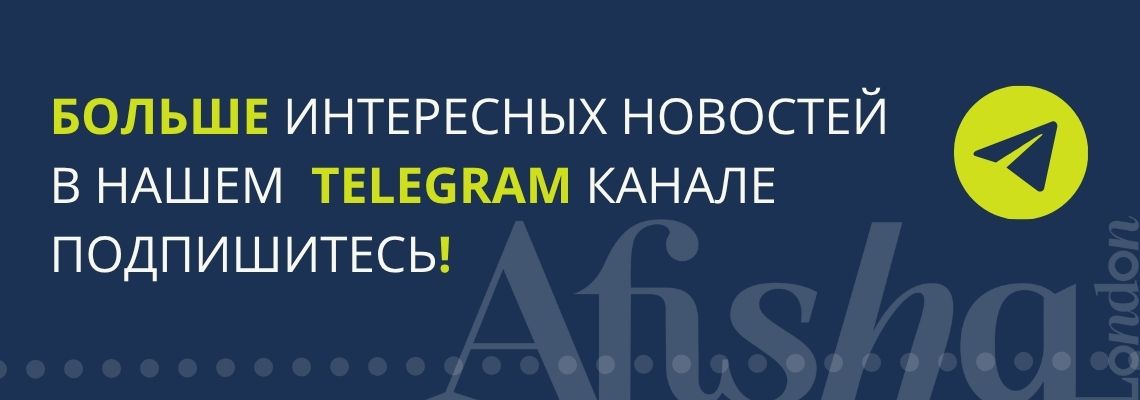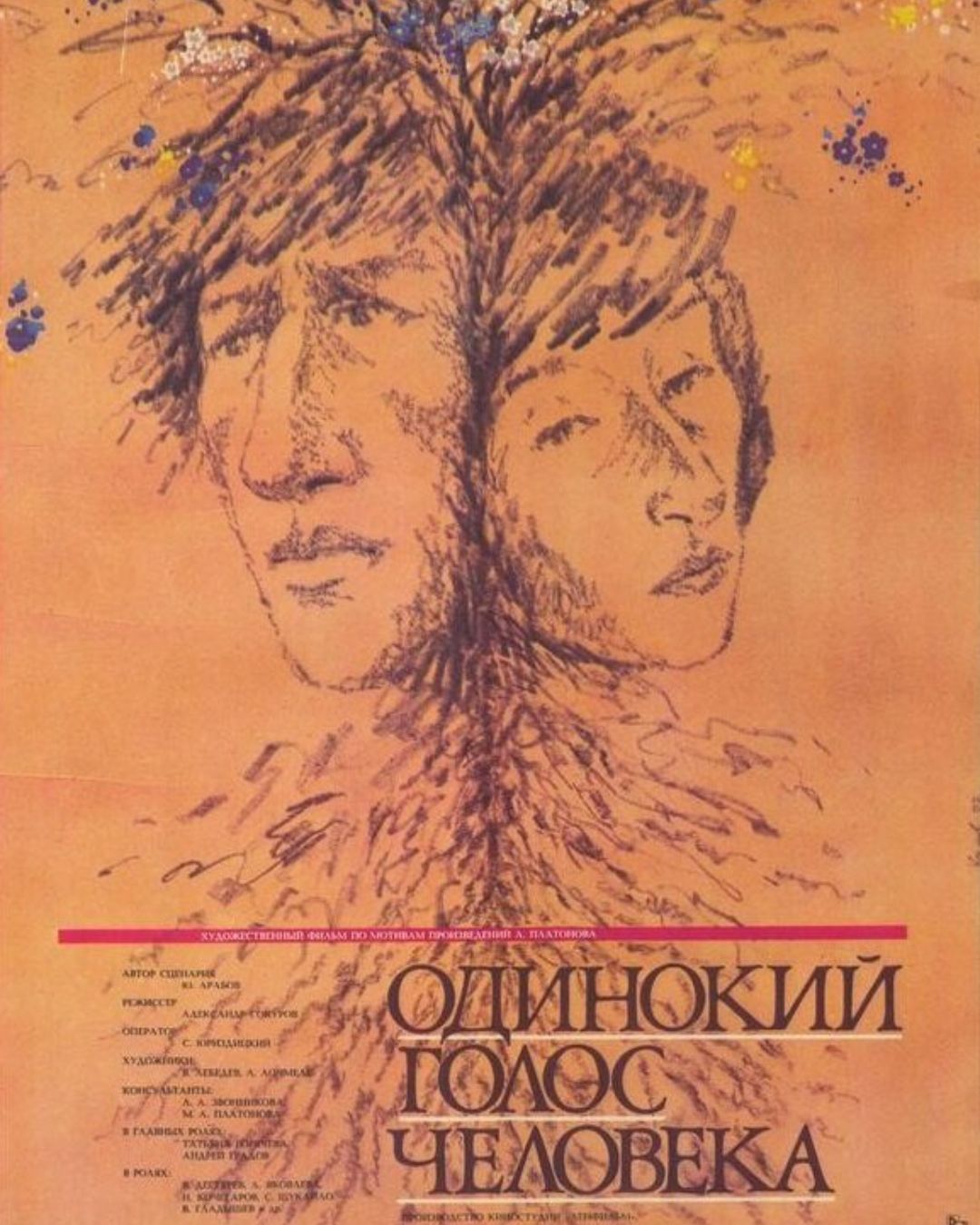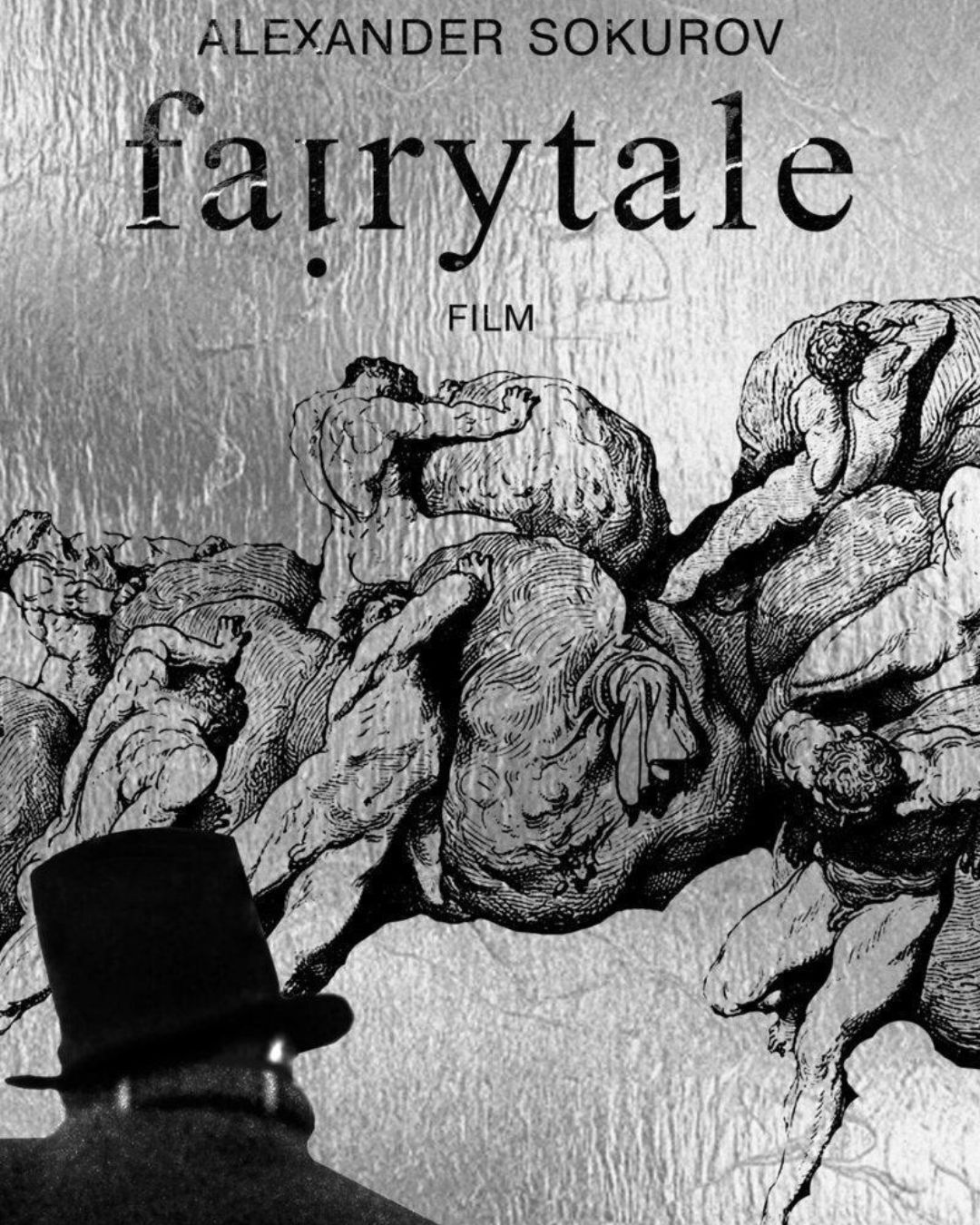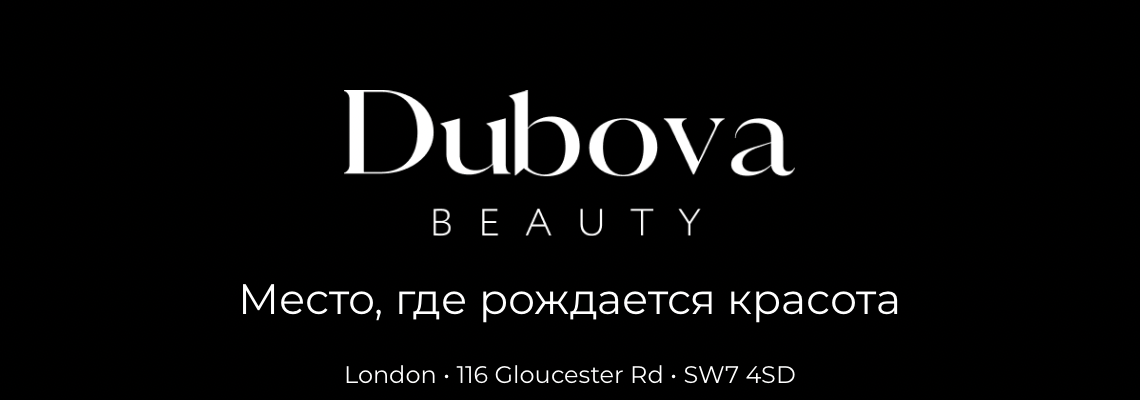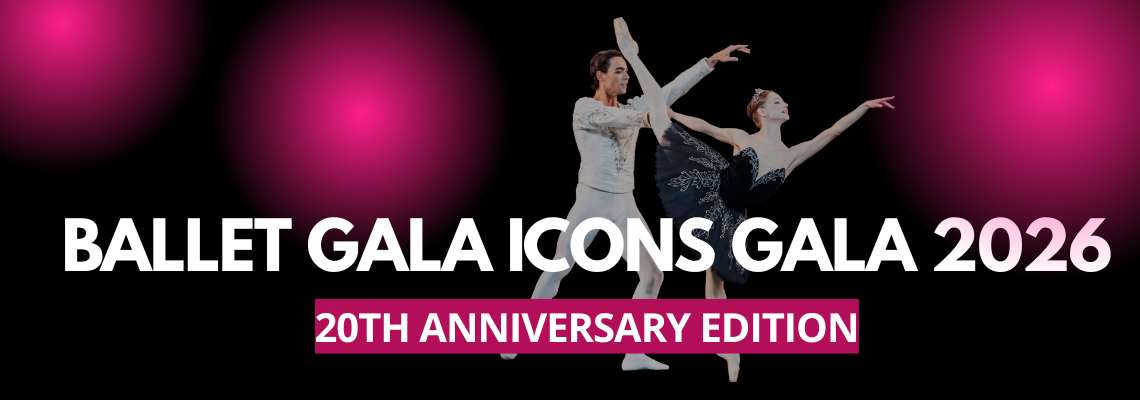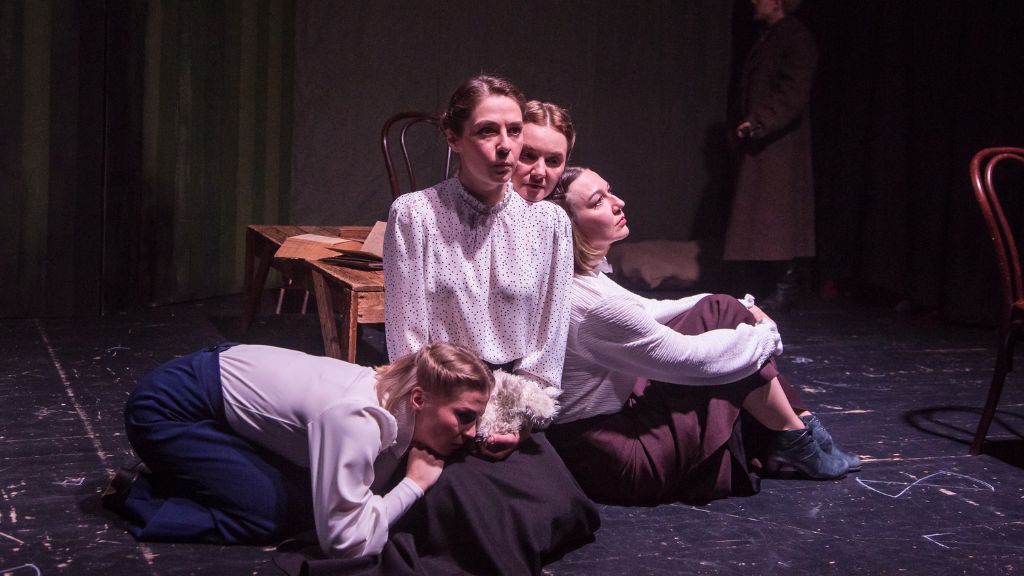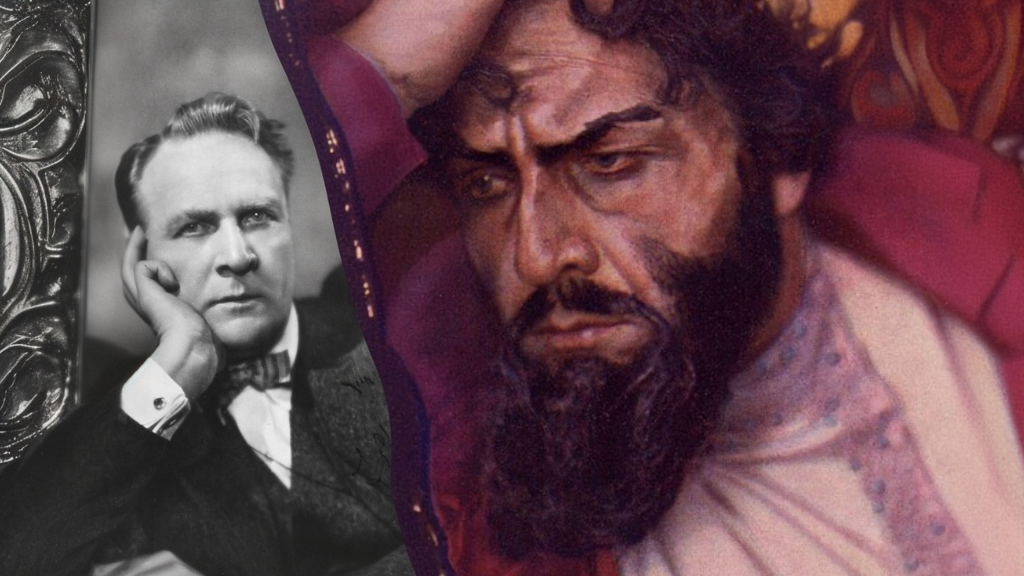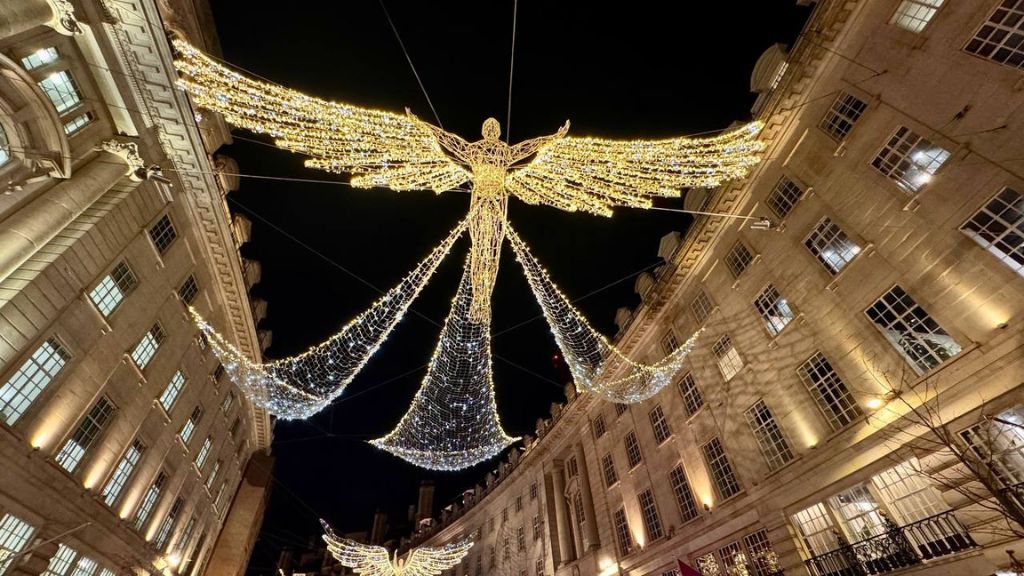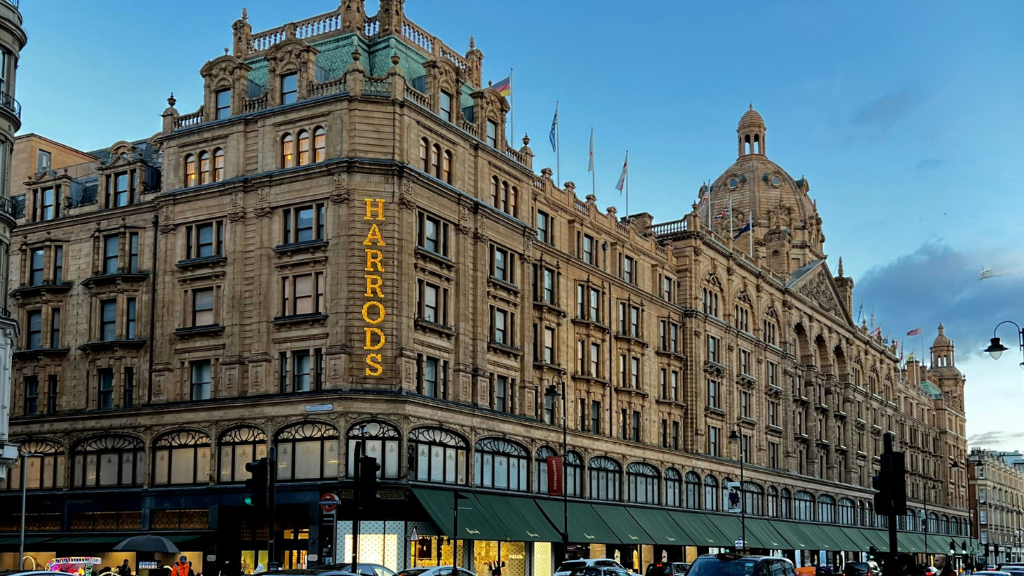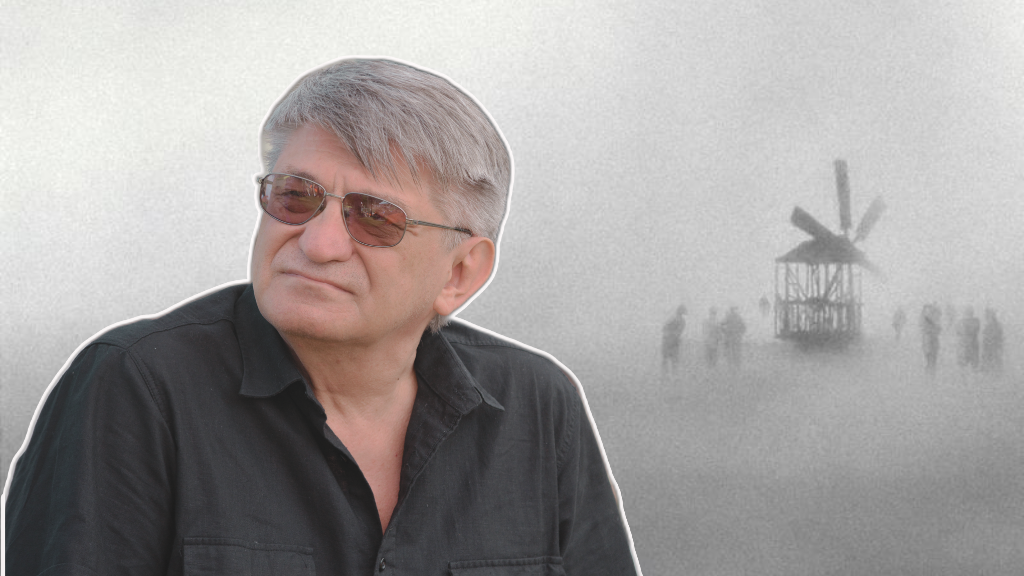
The lonely voice of Alexander Sokurov: a retrospective in London
In November, London will host a retrospective of Alexander Sokurov’s films. The programme will include the director’s latest work Fairytale, which was banned from release in Russia, along with seven other films by the master. Afisha.London magazine has prepared a brief overview of Sokurov’s filmography ahead of the retrospective: what to watch from the programme and beyond.
Born in the Irkutsk region on 14 June 1951, Sokurov’s home village of Podorvikha was submerged due to the construction of the Irkutsk Hydroelectric Power Station. Sokurov has remarked: “Where I was born, there’s only water now. In a sense, I’m a drowned man.”
Sokurov faced opposition from the authorities even during his studies at VGIK. His diploma film The Lonely Voice of Man was rejected by the university and nearly destroyed. However, the film’s cameraman, Sergey Yurizditsky, swapped the reel in VGIK’s archives and saved the original. Ten years after its completion, in 1987, the film was finally shown and awarded the Bronze Leopard at the Locarno Film Festival.
- “The Lonely Voice of Man” (1987). Photo: IMBD.com
- “Fairytale” (2022). Photo: IMBD.com
The Lonely Voice of Man is dedicated to Andrei Tarkovsky, who supported Sokurov in his fight against censorship. Much like Tarkovsky, Sokurov had a strained relationship with the state, yet in his narrative style and cinematic language, Sokurov is often more closely aligned with Tarkovsky than with any other director, including the widely compared Andrey Zvyagintsev.
Sokurov’s key distinction lies in his technical mastery, mythology, metaphors, and ghostly characters. His acclaimed masterpiece Russian Ark was filmed in a single take at the Hermitage Museum — a 90-minute journey through 300 years of Russian history, shot in one day without a single cut.
His latest film Fairytale uses archival footage and animation to bring together Stalin, Hitler, Mussolini, and Churchill in the afterlife. The eerie visuals and personalities on screen create an atmosphere of tension and fear.
A characteristic feature of Sokurov’s films is the hazy image: slightly blurred, subdued colours, sepia tones, and a general sense of antiquity, making them seem as though they were filmed decades ago. Sokurov is undoubtedly a poet of the past, and this cinematic mist evokes a dream or memory.
Despite the poetic visuals, Sokurov’s themes are far from romantic. His most ambitious project, a tetralogy on power and evil, consists of four films: Moloch (on Hitler), Taurus (on Lenin), The Sun (on Emperor Hirohito), and Faust (on Goethe’s work). The latter earned Sokurov the Golden Lion at the 2011 Venice Film Festival, surpassing works by Roman Polanski, Steve McQueen, and David Cronenberg.
From 1 to 15 November, Londoners will have the chance to explore Sokurov’s work. The retrospective includes the following films:
- “The Lonely Voice of Man”
- “Mother and Son”
- “Alexander Sokurov’s Elegies”
- “Moloch”
- “Taurus”
- “The Sun”
- “Faust”
- “Fairytale”
Details and ticket information can be found here.
Cover photo: collage by Afisha.London / Okras, CC BY-SA 4.0, via Wikimedia Commons
Read also:
The history of crystal: how an English invention thrived in Russia
Fulfilling an artist’s dream: a Van Gogh exhibition opens at the National Gallery
Somerset Maugham: writer, secret agent in Russia, and favourite of the Soviet intelligentsia
SUBSCRIBE
Receive our digest once a week with quality Russian events and articles
